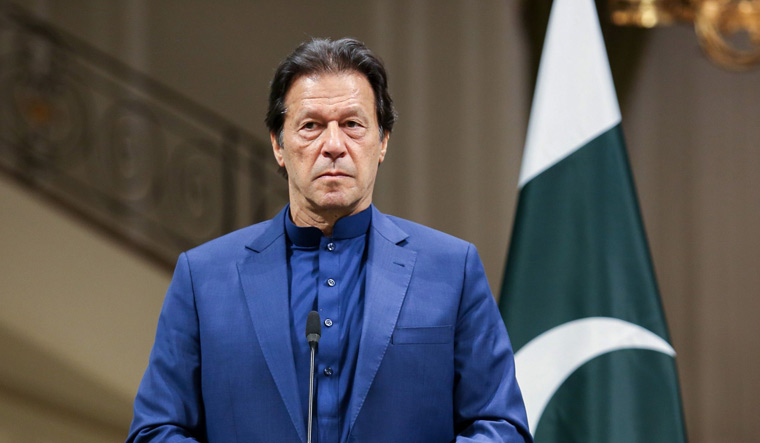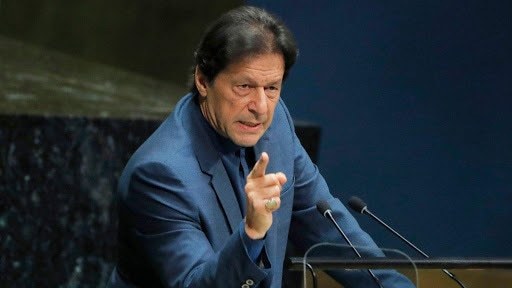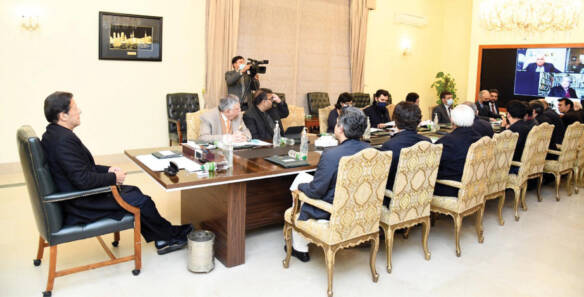In spite of the worst balance of payments crisis in 2018, economic problems caused by covid-19, high commodity prices in the international market, and direct and indirect effects of the Afghan humanitarian crisis, the government anticipates economic growth of over 4% in this fiscal year.
[adinserter block= “3”]
Prime Minister Imran Khan said on Friday that Pakistan demonstrated exceptional performance in confronting the covid-19 compared with other countries of the region.

“Pakistan is expected to achieve over 4% economic growth – which is a major success,” he said while chairing a meeting of the Macroeconomic Advisory Group.
“Since we inherited a huge circular debt, anti-exports policies, unstable financial conditions, less-competitive business environment and policies of lower incentives for the private sector, the present government’s three years are an economic success story,” he added.
Several proposals to mitigate the transfer of the effects of high global commodity prices to common people were tabled in the meeting. The proposals included an increase in incomes, purchasing power of the people, subsidies focused on middle and lower-income classes, and expansion of the social safety net.
During the meeting, a comprehensive review of the country’s overall economic situation, the government’s steps to minimize the impact of the increase in the price of essential items, and the government’s economic achievements over the last three years were presented.
[adinserter block= “10”]
Economic progress
The meeting was informed that the country achieved more economic progress even during the covid-19 situation compared with other regional countries due to strong measures taken for economic stabilization after successfully coming out of the fiscal crisis inherited from the previous government.

The Group was apprised of 25% growth in exports and the highest ever 38% increase in tax revenues, a recorded increase of 27% in remittances, and a downslide in the monthly [power] circular debt after successful tariff negotiations with the Independent Power Producers (IPPs).
The meeting was informed that with record incomes in the agriculture sector – an additional income of Rs1,100 billion was transferred to farmers.

In addition to these developments, the government fulfilled its promise of a welfare state by launching the biggest social safety program under Ehsaas, bringing institutional reforms, and successfully complying with Financial Action Task Force (FATF’s) conditions.
Khan told the participants that the government’s policy of smart lockdowns, incentives for the construction industry, social protection programs, and subsidies for Small and Medium Enterprises (SMEs) helped move the economy forward at a sustainable pace.
[adinserter block= “4”]
The prime minister directed the departments concerned to coordinate and implement the long-term and short-term plans for further betterment of both the macroeconomic conditions of the county and improvement in the economic condition of the people.
What do you think of this story? Let us know in the comments section below.










